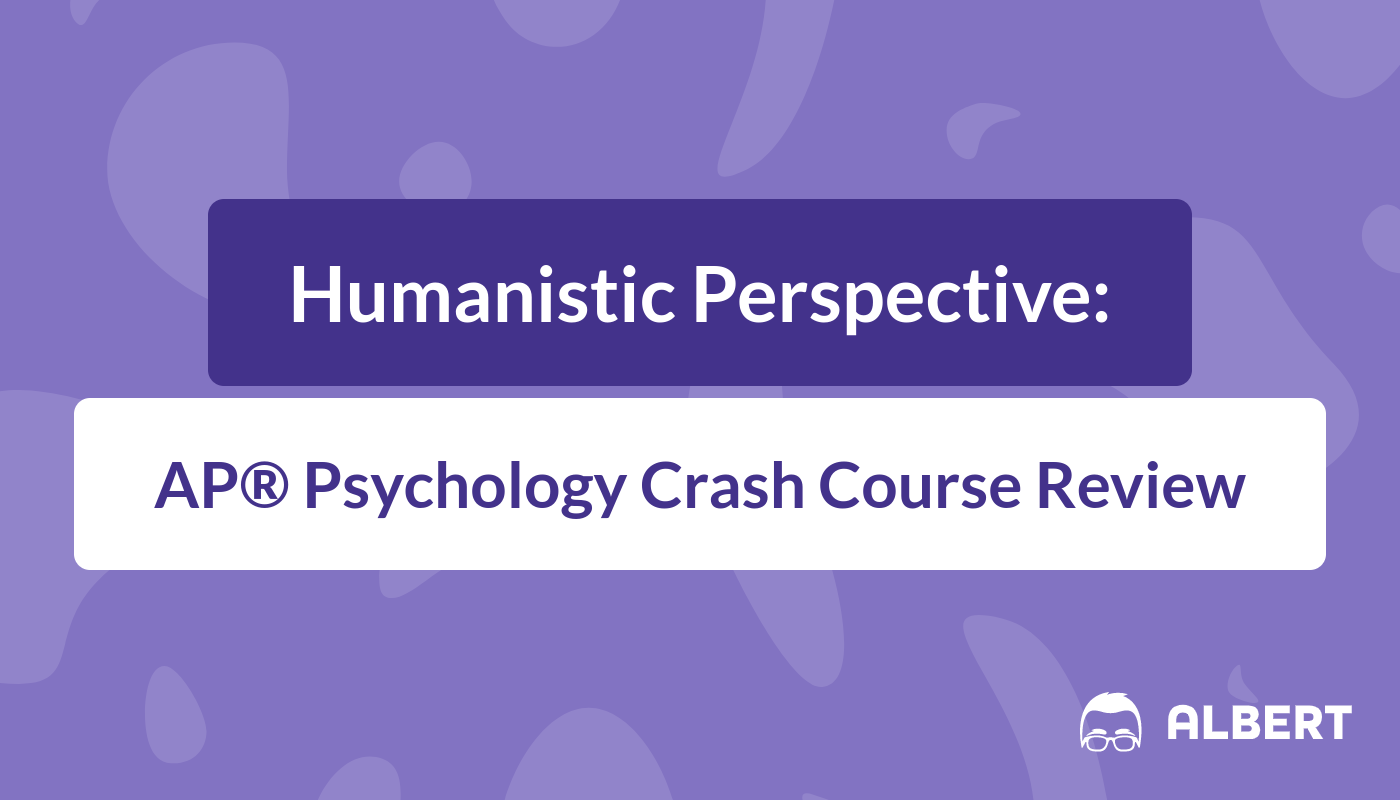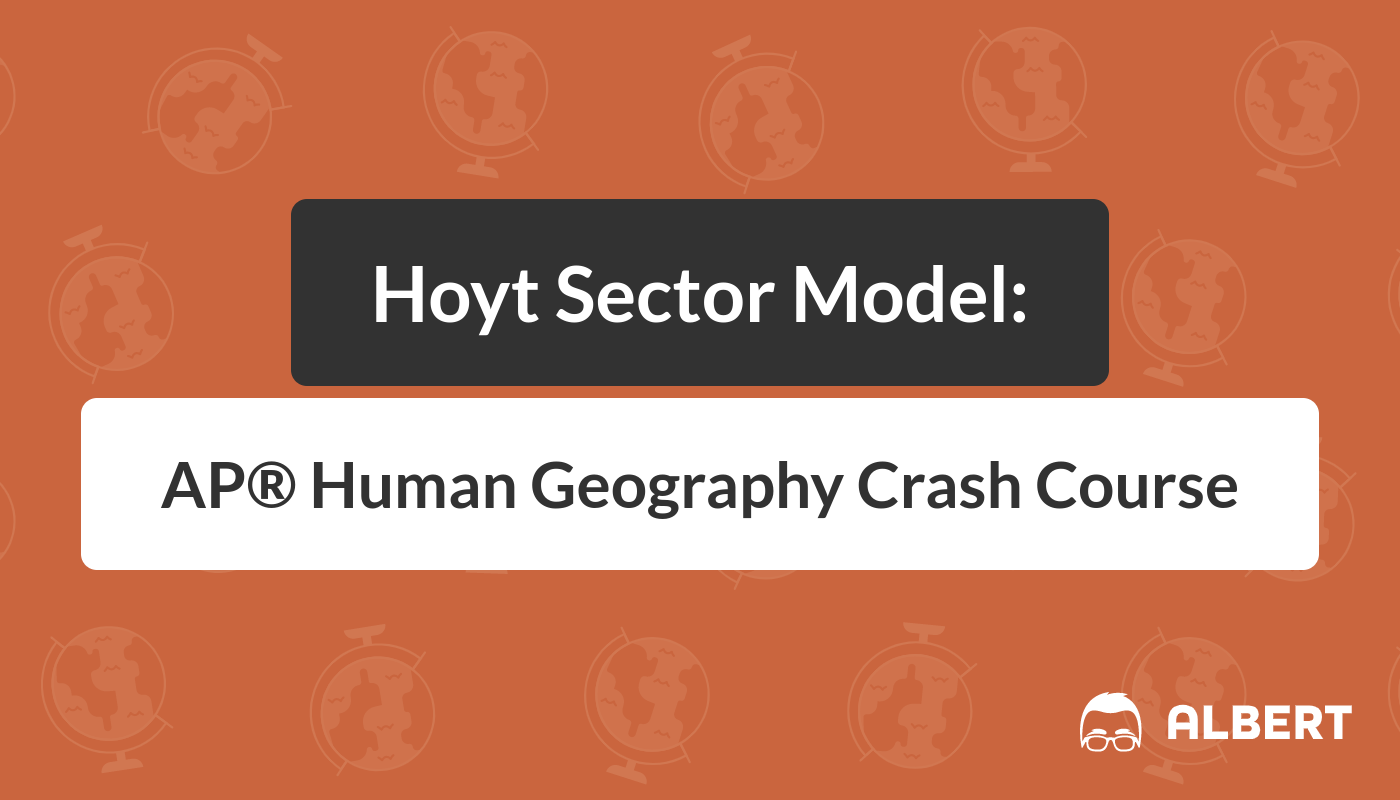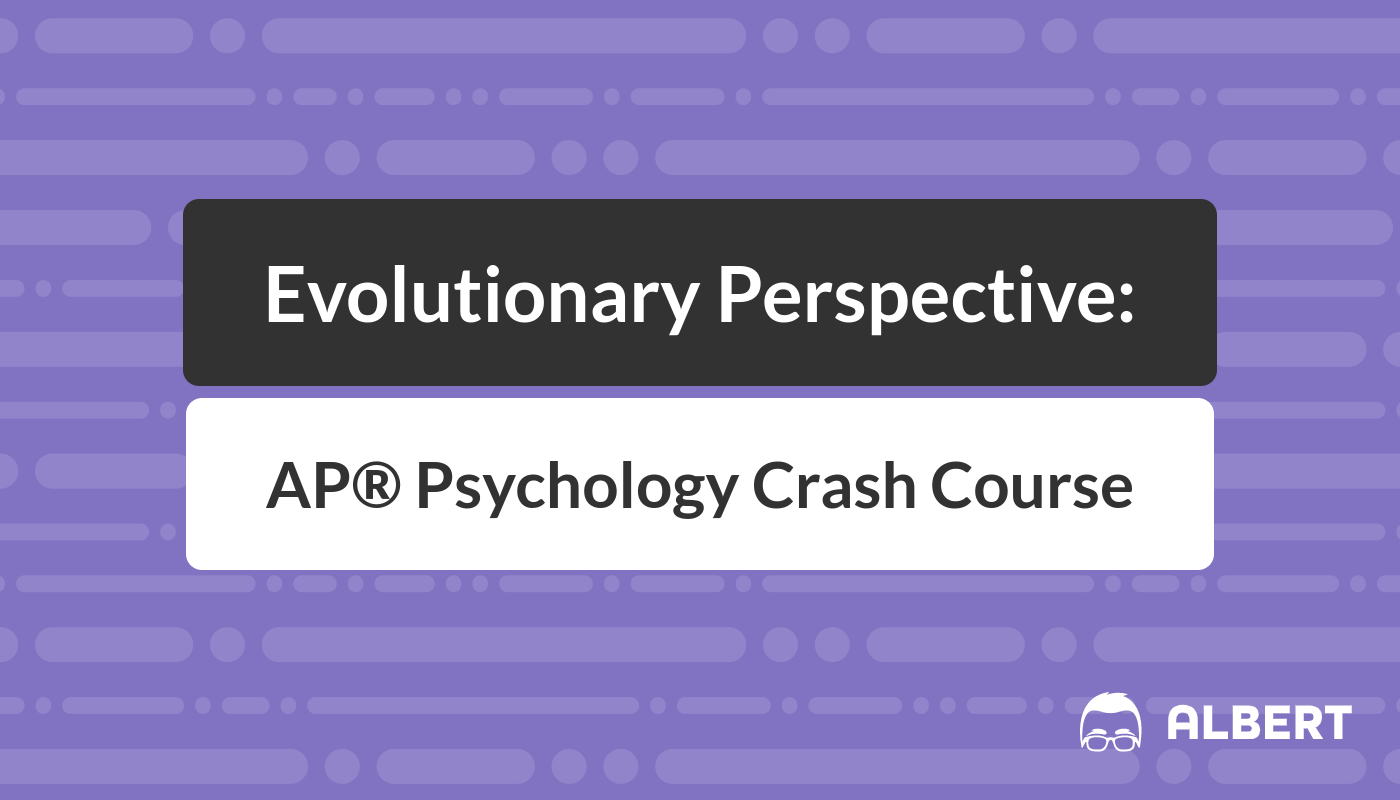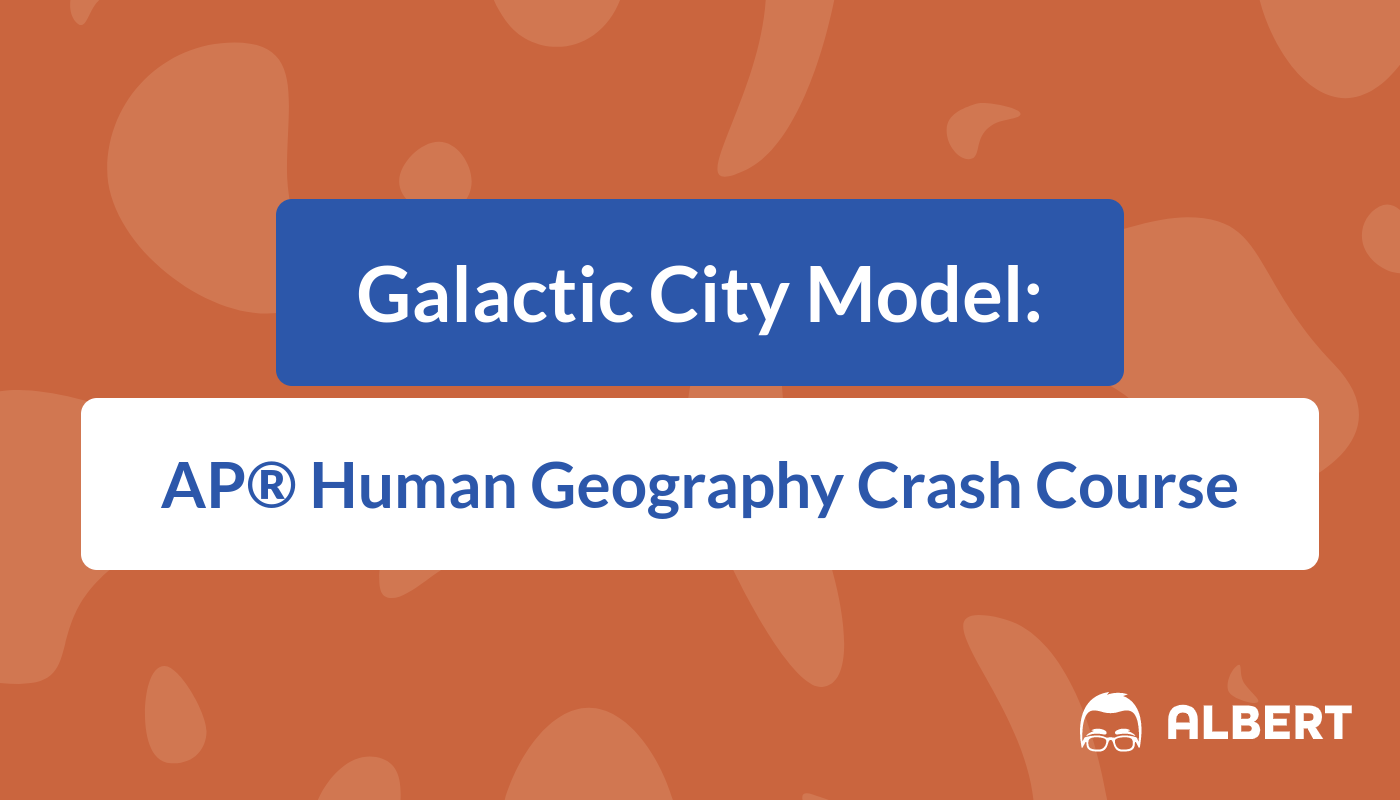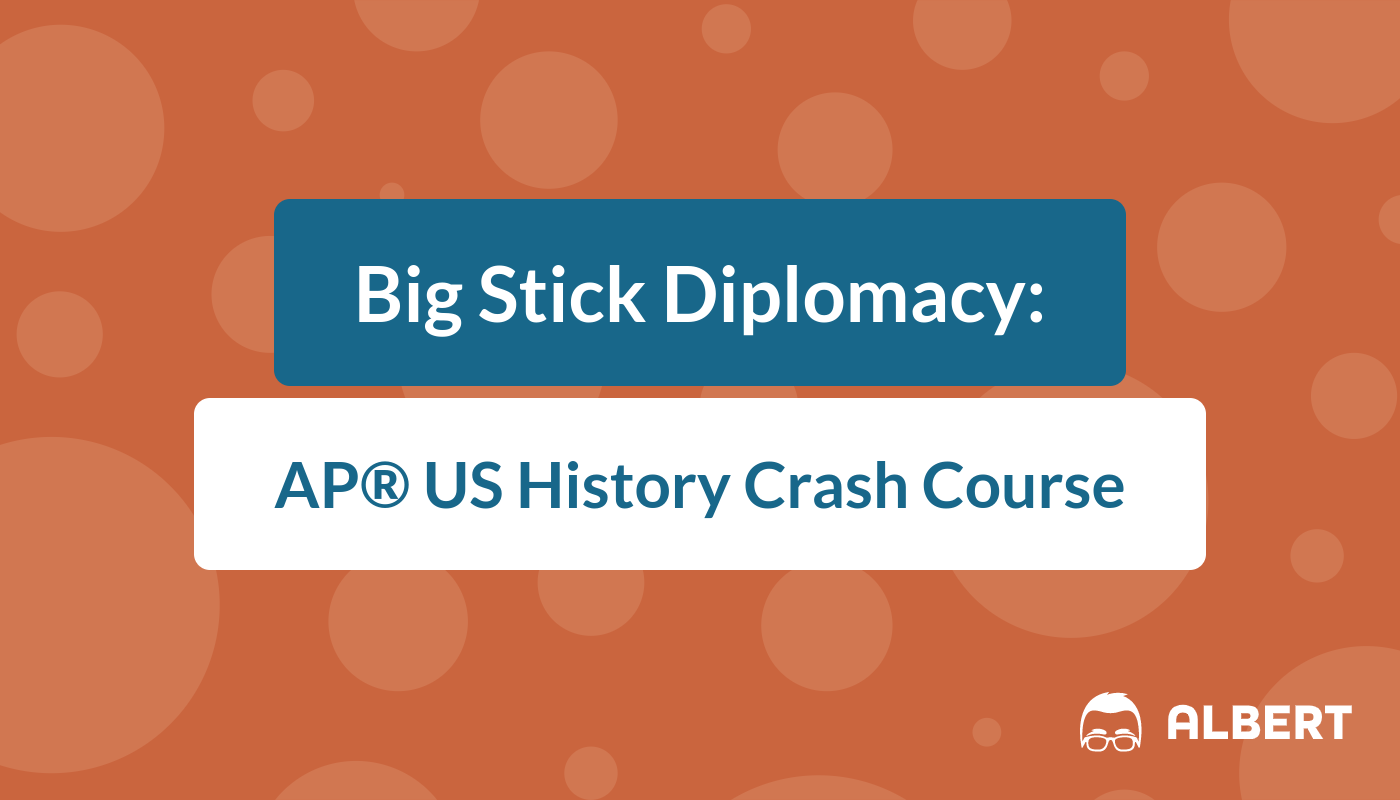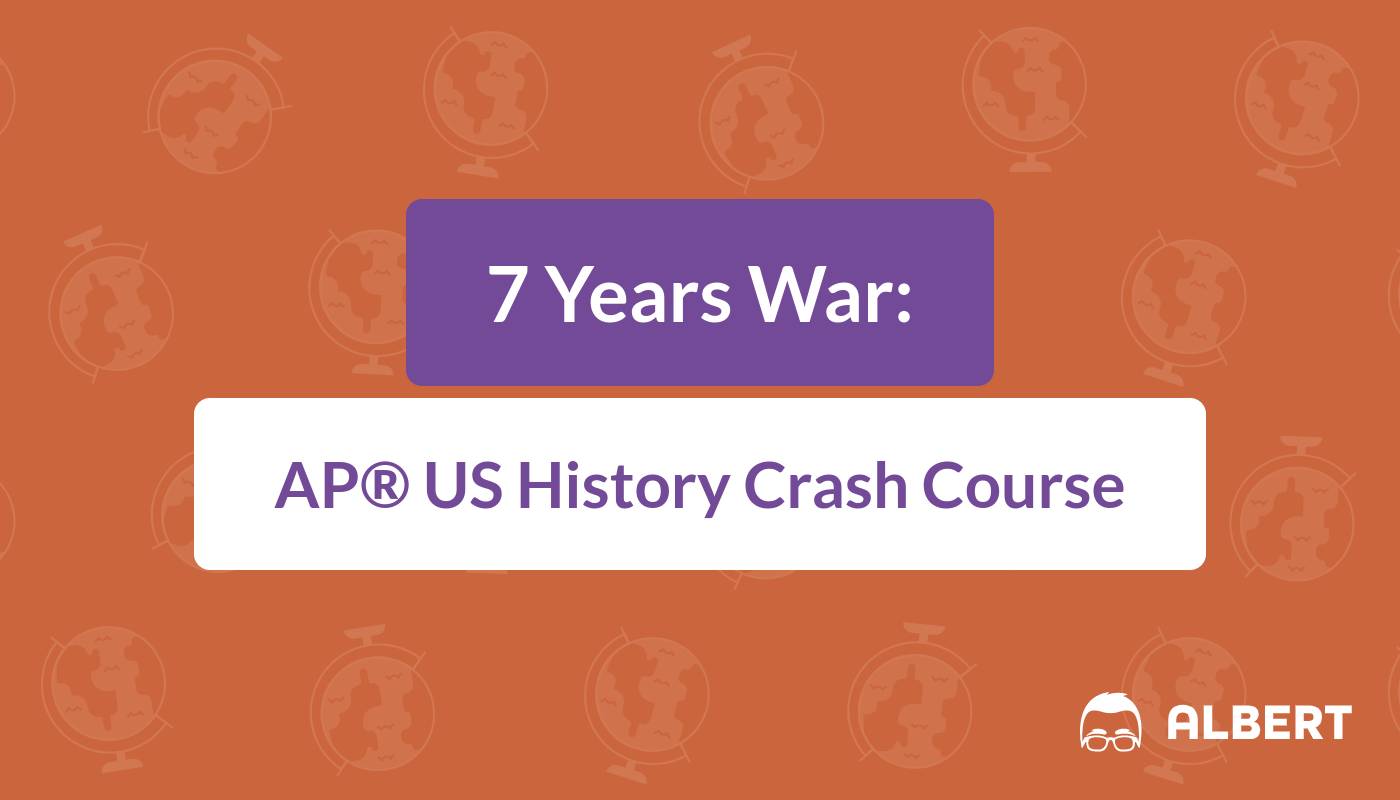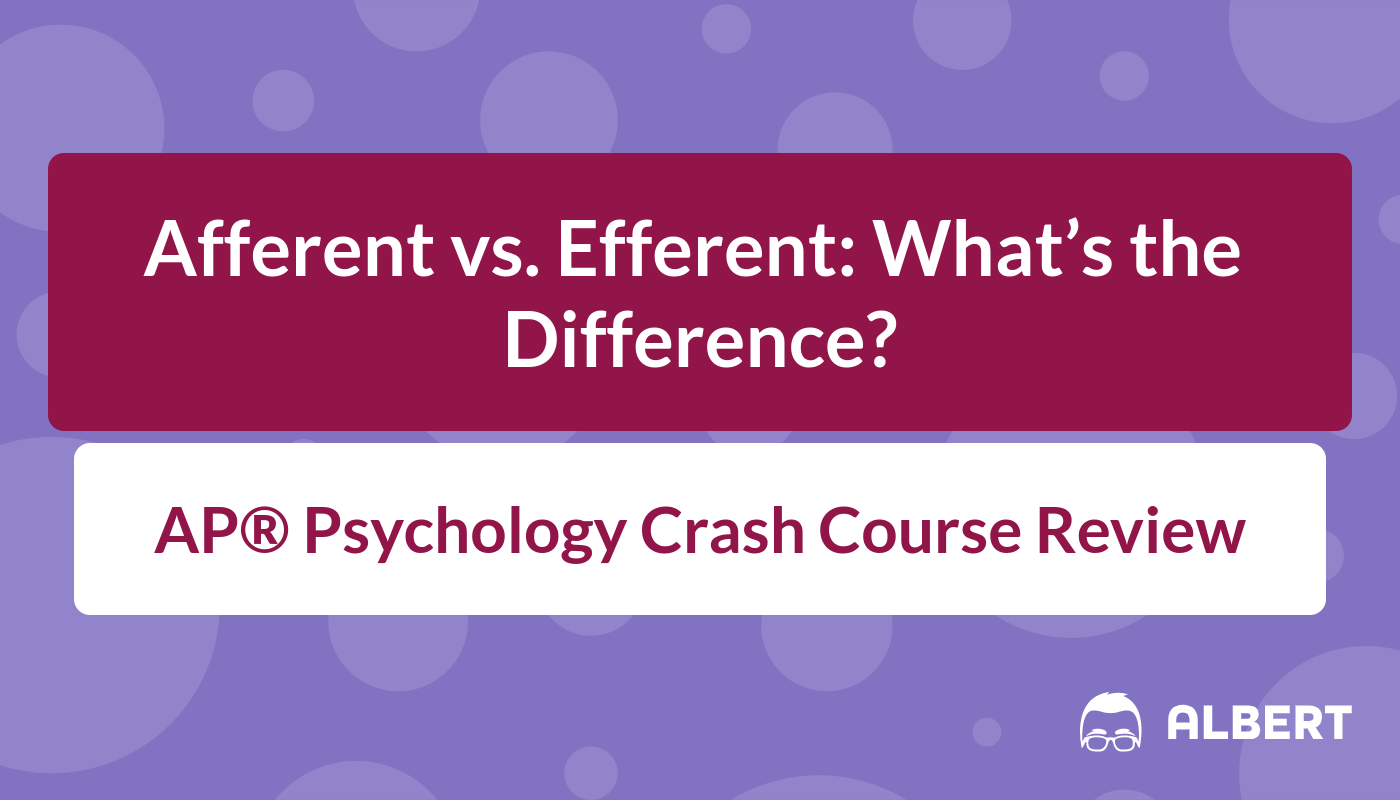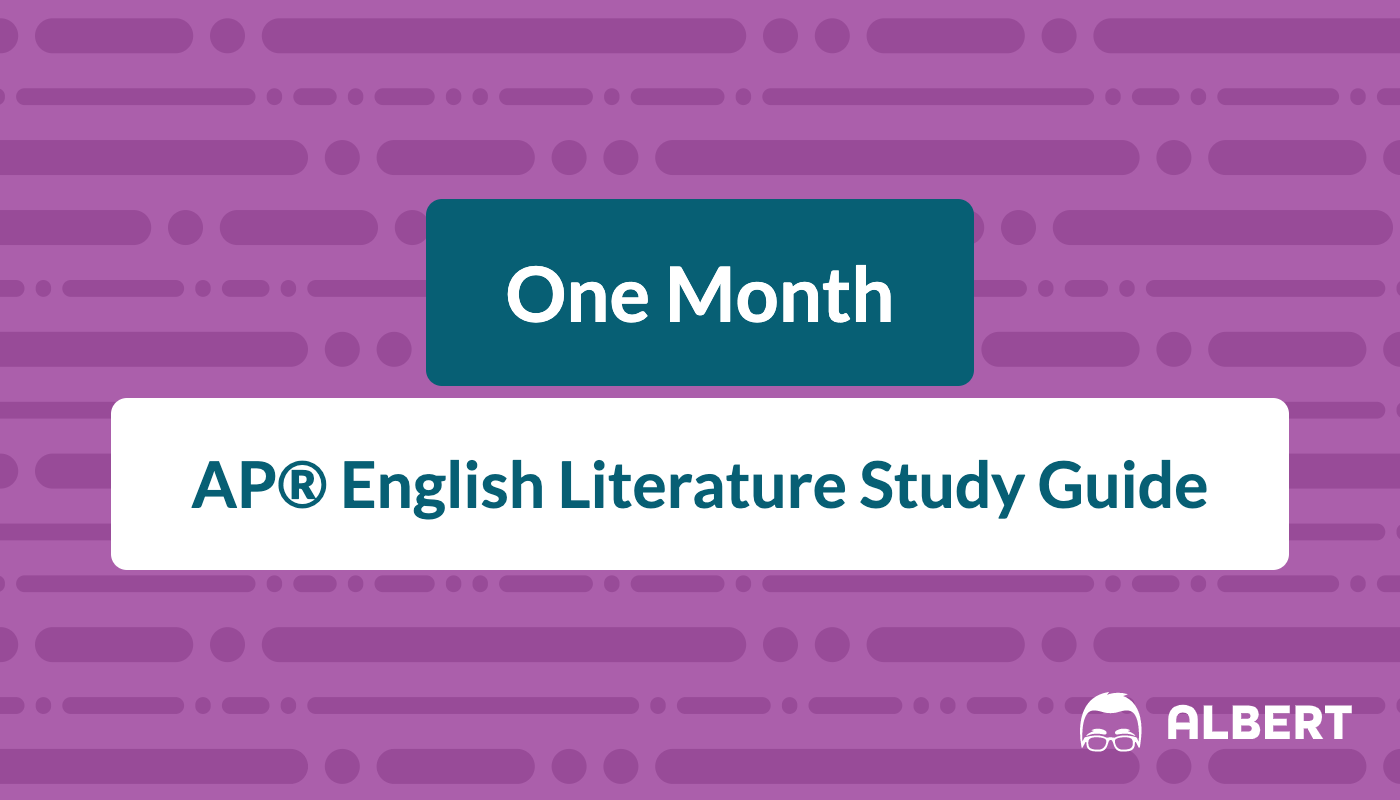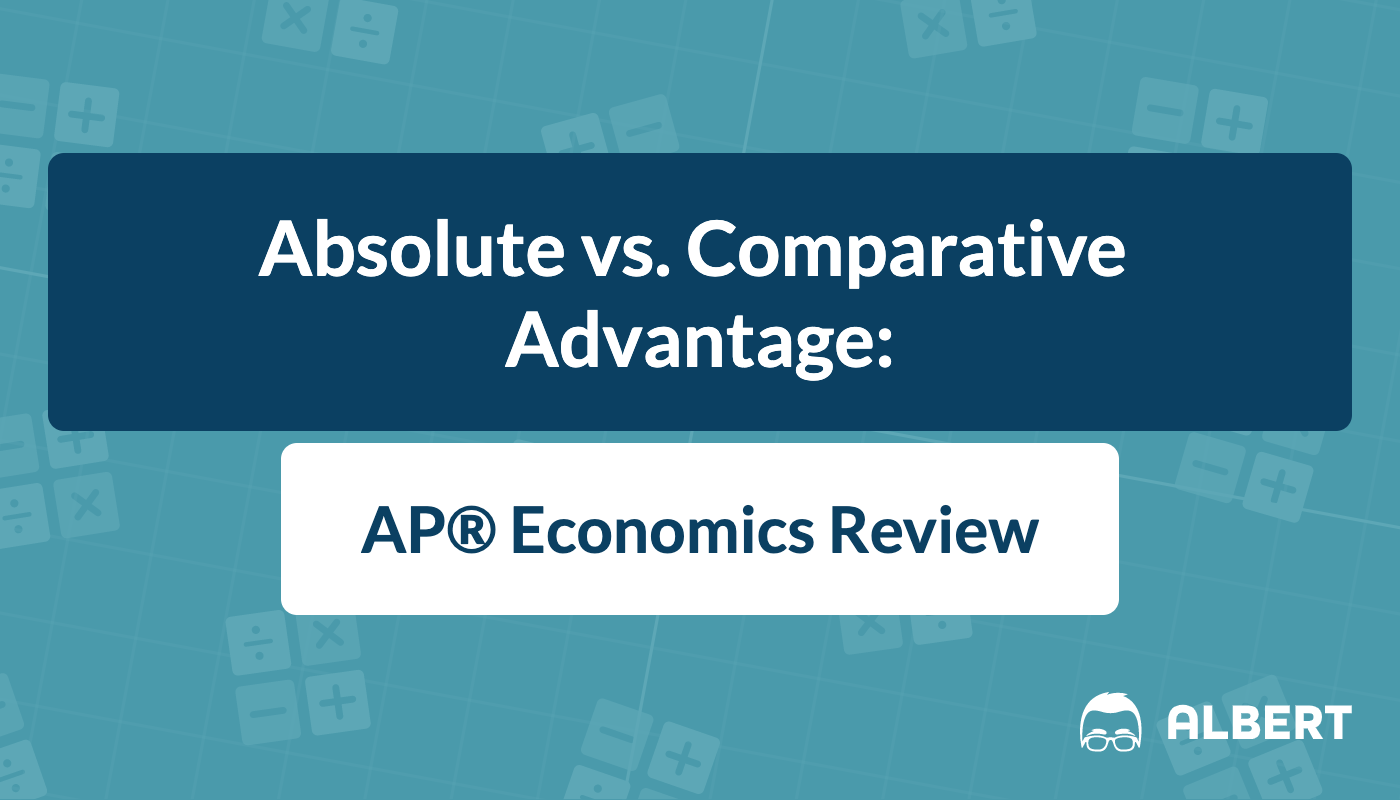Humanistic Perspective: AP® Psychology Crash Course Review
The humanistic perspective is a way of evaluating an individual as a whole, rather than looking at them only through a smaller aspect of their person. It is a branch of psychology that relates to the idea of being entirely unique and your own individual. This theory is still relatively new and looks at the way the hierarchy of needs impacts what you do in your life and what you wan

